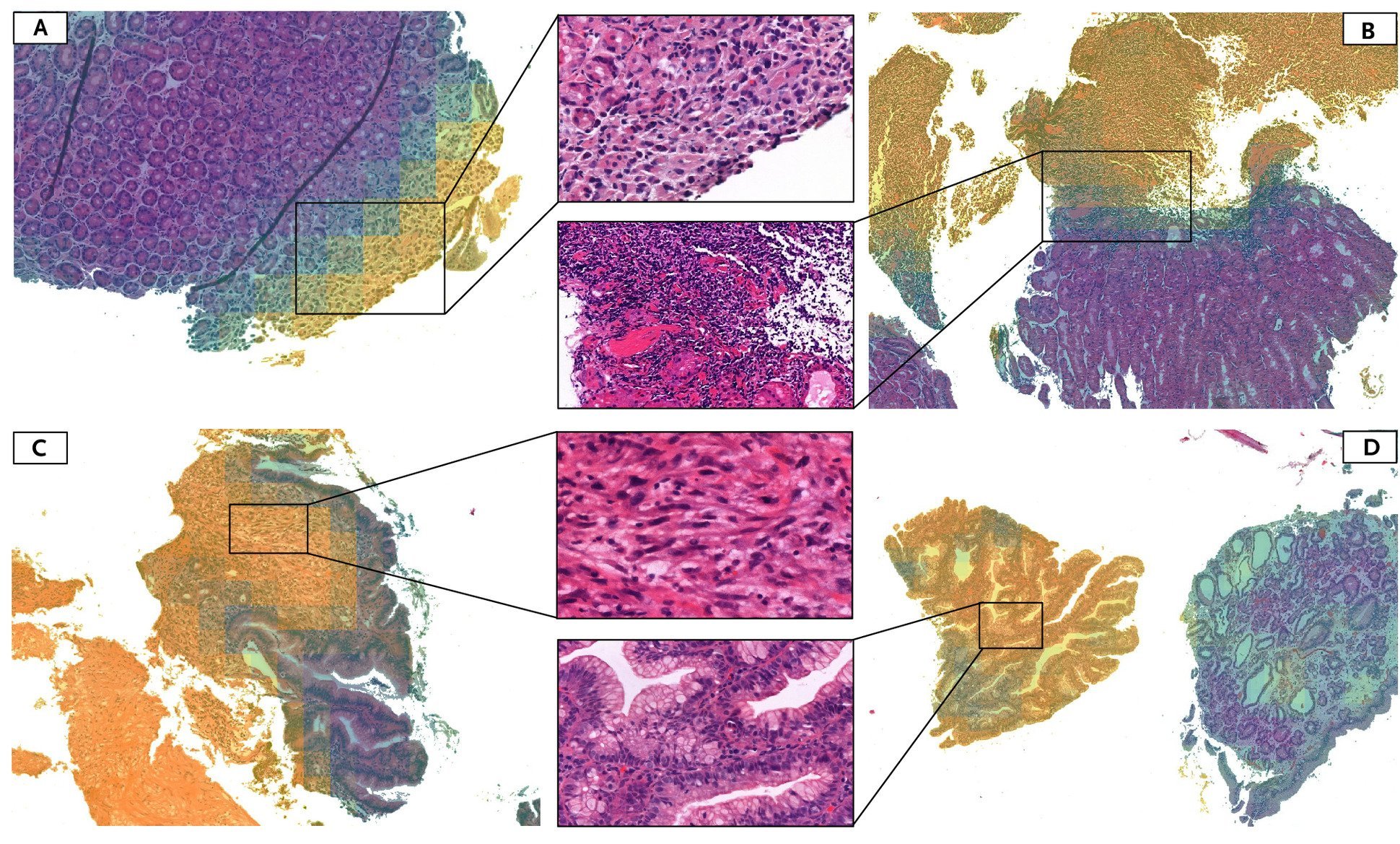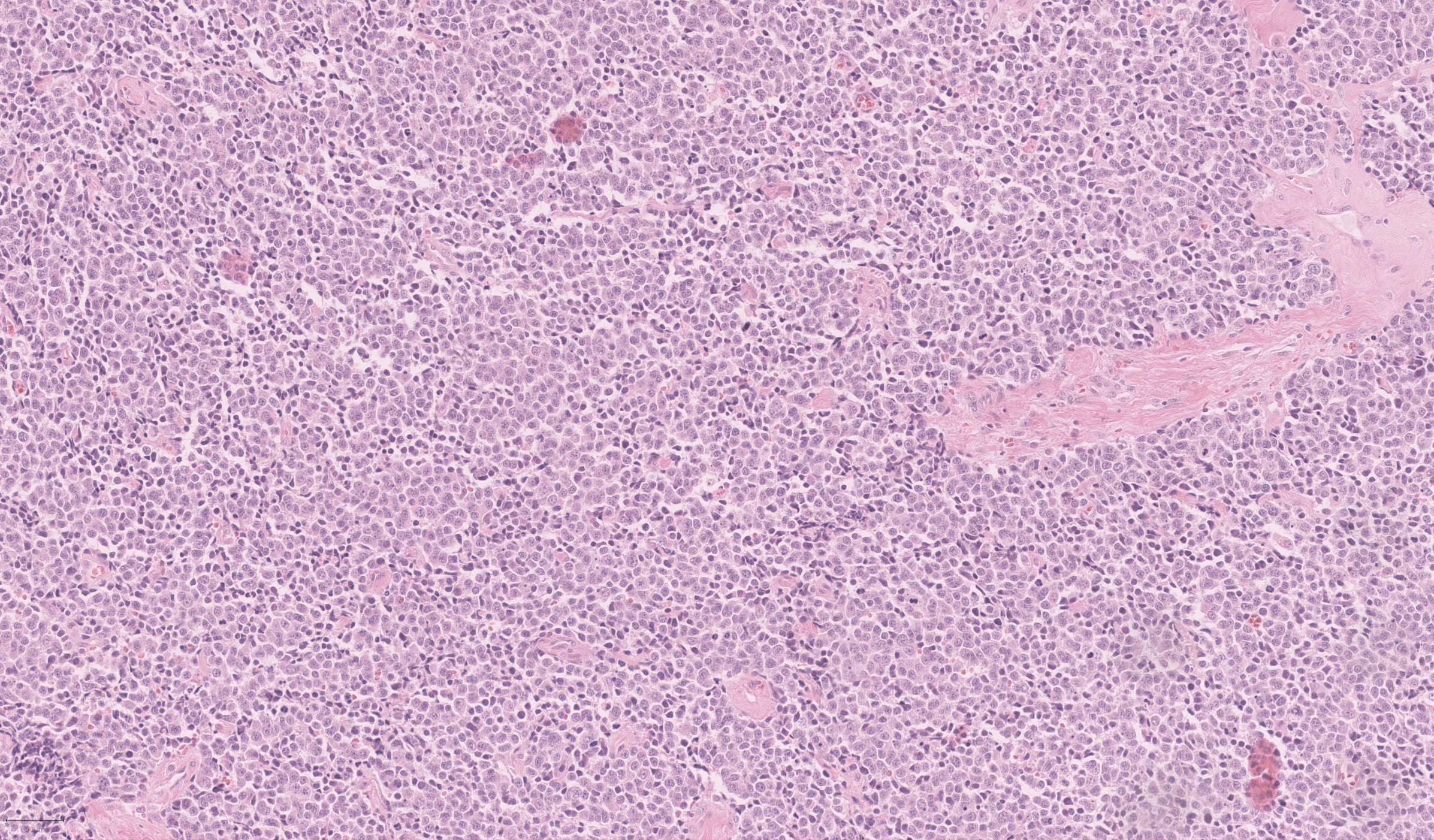
Prof. Dr. Frederick Klauschen
Research Group Lead / Charité
Research Grouplead | BIFOLD
Director | Pathologisches Institut, Ludwig-Maximilian-Universität München
Group Leader
Institute of Pathology
Charité UNIVERSITÄTSMEDIZIN BERLIN
| 2012 | Novartis Pathology-Oncology Award |
| 2011 | Human Frontier Science Program Young Investigator Award |
| 2004 | NIH Postdoctoral Fellowship Award |
Systems biological integration of proteogenomic profiles and histological images through bioinformatics and machine learning with the goal to better understand and predict pathological mechanisms in tumors and finally, to better diagnose and treat cancer.
- German Pathological Society
- International Academy of Pathology
- German Physical Society
Gabriel Dernbach, Marie-Lisa Eich, Mihnea P. Dragomir, Philipp Anders, Nadia Jurczok, Christian Stief, Philipp Jurmeister, Thorsten Schlomm, Frederick Klauschen, David Horst, Gerald Bastian Schulz, Simon Schallenberg
Spatial expression of HER2, NECTIN4, and TROP-2 in Muscle-Invasive Bladder Cancer and metastases: Implications for pathological and clinical management
Maximilian Alber, Stephan Tietz, Jonas Dippel, Timo Milbich, Timothée Lesort, Panos Korfiatis, Moritz Krügener, Beatriz Perez Cancer, Neelay Shah, Alexander Möllers, Philipp Seegerer, Alexandra Carpen-Amarie, Kai Standvoss, Gabriel Dernbach, Edwin de Jong, Simon Schallenberg, Andreas Kunft, Helmut Hoffer von Ankershoffen, Gavin Schaeferle, Patrick Duffy, Matt Redlon, Philipp Jurmeister, David Horst, Lukas Ruff, Klaus-Robert Müller, Frederick Klauschen, Andrew Norgan
Atlas: A Novel Pathology Foundation Model by Mayo Clinic, Charité, and Aignostics
Marvin Sextro, Gabriel Dernbach, Kai Standvoss, Simon Schallenberg, Frederick Klauschen, Klaus-Robert Müller, Maximilian Alber, Lukas Ruff
xCG: Explainable Cell Graphs for Survival Prediction in Non-Small Cell Lung Cancer
Jonas Dippel, Niklas Prenißl, Julius Hense, Philipp Liznerski, Tobias Winterhoff, Simon Schallenberg, Marius Kloft, Oliver Buchstab, David Horst, Maximilian Alber, Lukas Ruff, Klaus-Robert Müller, Frederick Klauschen
AI-Based Anomaly Detection for Clinical-Grade Histopathological Diagnostics
Philipp Jurmeister, Maximilian Leitheiser, Alexander Arnold, Emma Payá Capilla, Liliana H Mochmann, Yauheniya Zhdanovic, Konstanze Schleich, Nina Jung, Edgar Calderon Chimal, Andreas Jung, Jörg Kumbrink, Patrick Harter, Niklas Prenißl, Sefer Elezkurtaj, Luka Brcic, Nikolaus Deigendesch, Stephan Frank, Jürgen Hench, Sebastian Försch, Gerben Breimer, Ilse van Engen van Grunsven, Gerben Lassche, Carla van Herpen, Fang Zhou, Matija Snuderl, Abbas Agaimy, Klaus-Robert Müller, Andreas von Deimling, David Capper, Frederick Klauschen, Stephan Ihrler
DNA methylation profiling of salivary gland tumors supports and expands conventional classification

AI in medicine: new approach for more efficient diagnostics
Researchers from LMU, BIFOLD, and Charité have developed a new AI tool that uses imaging data to also detect less frequent diseases of the gastrointestinal tract. In contrast to conventional models, the new AI only needs training data from common findings to detect deviations.

AI facilitates breakthrough in cancer diagnostics
So-called sinonasal undifferentiated carcinomas (SNUCs) are extremely difficult to diagnose. An interdisciplinary team of researchers has developed an AI tool that reliably distinguishes tumors on the basis of chemical DNA modifications
An overview of the current state of research in BIFOLD
Since the official announcement of the Berlin Institute for the Foundations of Learning and Data in January 2020, BIFOLD researchers achieved a wide array of advancements in the domains of Machine Learning and Big Data Management as well as in a variety of application areas by developing new Systems and creating impactfull publications. The following summary provides an overview of recent research activities and successes.

